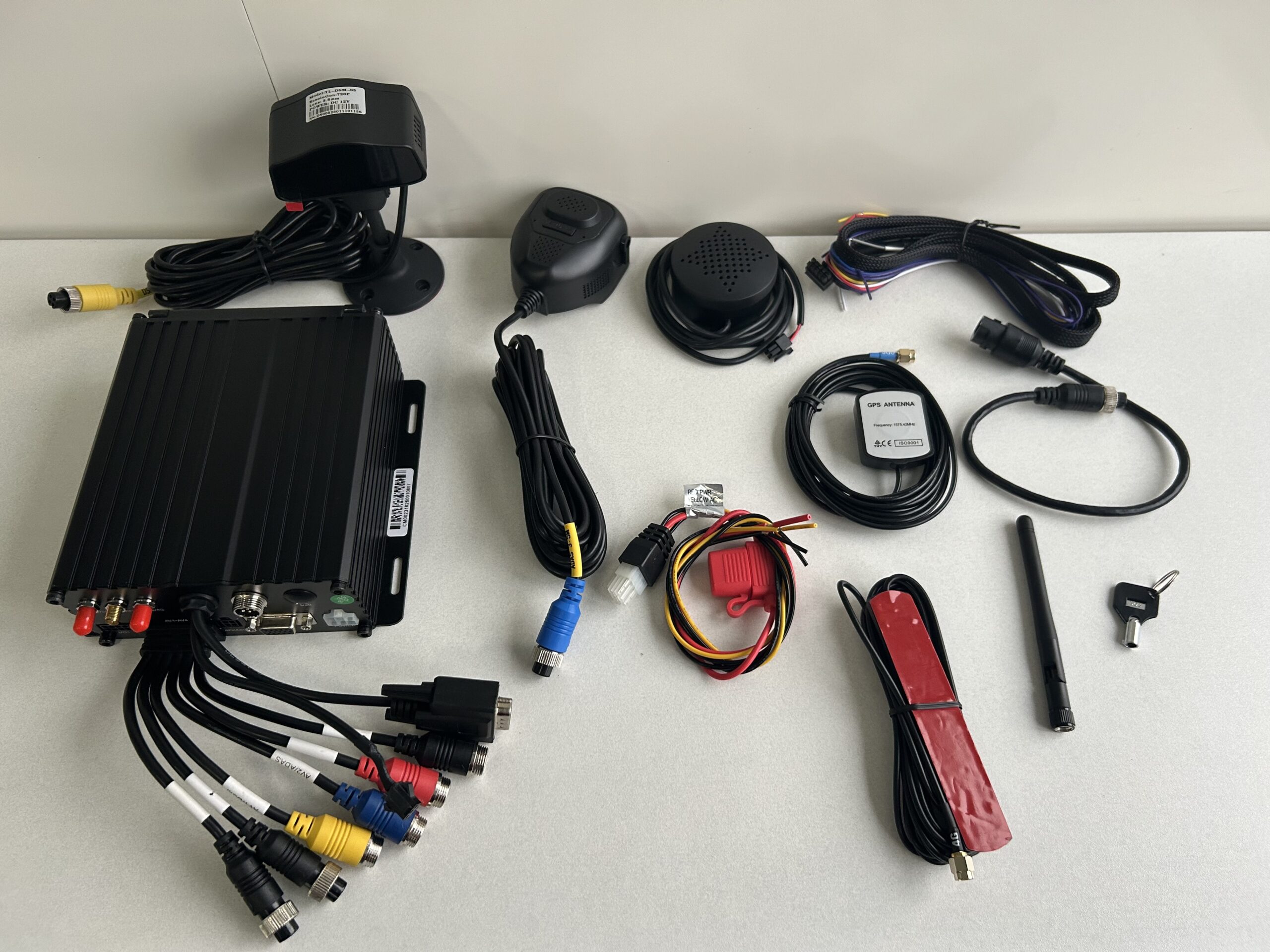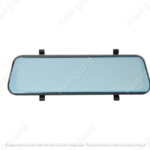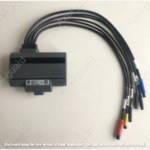When considering surveillance solutions, especially for fleet management and vehicle safety, the debate between MDVR vs Traditional DVR is significant. Understanding the critical differences can help fleet operators and security professionals make informed decisions that align with their specific requirements.
What is MDVR?
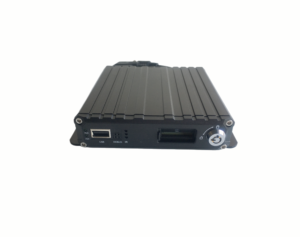
MDVR (Mobile Digital Video Recorder) is a specialized type of DVR designed specifically for vehicles. Unlike traditional DVRs used for static locations such as homes or businesses, Axel-Guard provide MDVRs are equipped with features tailored for mobile environments. MDVR vs Traditional DVR comparisons often highlight the robustness and adaptability of MDVRs in demanding conditions such as moving vehicles, harsh weather, and rough terrains.
What is a Traditional DVR?
A Traditional DVR is a recording device that captures and stores video from security cameras. These are commonly used in fixed locations, offering reliable surveillance for offices, homes, and public spaces. However, when comparing MDVR vs Traditional DVR, traditional DVRs lack the advanced mobility features needed for vehicle surveillance.
Key Differences between MDVR and Traditional DVR
1. Mobility and Design
- MDVR: Designed to withstand the dynamic conditions of a moving vehicle. It is compact, vibration-resistant, and temperature-tolerant, making it ideal for fleets and mobile surveillance. This is crucial for advanced vehicle surveillance.
- Traditional DVR: Built for stationary use. Traditional DVRs cannot handle the physical stresses of being mounted in a moving vehicle.
2. Connectivity and Data Transmission
- MDVR: Equipped with 3G/4G/5G and Wi-Fi capabilities, MDVRs can transmit data in real-time. This feature ensures that fleet managers can access live feeds and respond to incidents promptly, enhancing fleet DVR systems.
- Traditional DVR: Typically, traditional DVRs do not have mobile network connectivity and rely on wired internet or LAN connections, which limits their remote accessibility.
3. GPS Tracking
- MDVR: Integrated GPS tracking allows for real-time location monitoring, which is essential for fleet management. This feature supports advanced vehicle surveillance by providing geolocation data alongside video feeds.
- Traditional DVR: Does not typically include GPS tracking, making it unsuitable for mobile or vehicle-based surveillance needs.
4. Storage Solutions
- MDVR: Often comes with shock-proof hard drives and can support SSDs for greater durability. This is vital in moving vehicles, where traditional storage solutions might fail due to vibrations.
- Traditional DVR: While effective for static use, traditional DVRs may use regular HDDs, which are more prone to damage when exposed to movement.
5. Power Management
- MDVR: Designed with special power management features, MDVRs can run on vehicle batteries and have low power consumption modes. This ensures uninterrupted recording without draining the vehicle’s power excessively.
- Traditional DVR: Typically relies on constant power sources from a stationary outlet, making it less adaptable for mobile use.
Why Choose MDVR for Fleet Management?
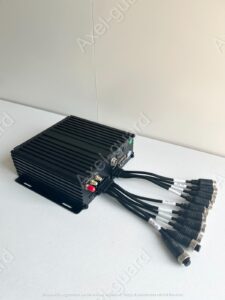
Fleet operators prioritize reliability, adaptability, and functionality. MDVR vs Traditional DVR comparisons clearly show that MDVRs provide features like GPS tracking, wireless data transmission, and rugged design, which are indispensable for fleet DVR systems. These capabilities make MDVRs the preferred choice for advanced vehicle surveillance.
Benefits of Using MDVR in Fleets
- Real-time Monitoring: Fleet managers can monitor live feeds remotely, enhancing response times.
- Enhanced Safety: GPS and camera integration help track vehicles and monitor driver behavior, reducing accidents.
- Scalability: Easy integration with other vehicle safety systems such as AI-powered dashcams and sensors.
- Durability: Built to endure harsh conditions and continuous use.
Limitations of Traditional DVRs for Fleet Use
While traditional DVRs offer reliable surveillance for stationary setups, their application in mobile environments is limited. They do not support advanced vehicle surveillance features like real-time data transmission, GPS, or vibration-resistant builds. This makes traditional DVRs less effective for fleet DVR systems.
FAQs
1. What makes MDVRs better for vehicle surveillance? MDVRs are specifically designed to handle the unique demands of mobile environments. They offer features like GPS tracking, real-time connectivity, and durable construction, making them ideal for advanced vehicle surveillance.
2. Can traditional DVRs be used in vehicles? Traditional DVRs are not built for mobile use. They lack vibration resistance, GPS functionality, and wireless connectivity, making them unsuitable for fleet DVR systems.
3. What are the primary uses of MDVRs? MDVRs are used in fleet management, public transportation, law enforcement vehicles, and logistics to monitor and ensure the safety of drivers and cargo.
4. How does GPS tracking in MDVRs enhance fleet management? GPS tracking allows real-time monitoring of a vehicle’s location, improving route management, security, and response times in emergencies.
Conclusion
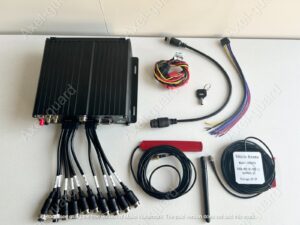
When weighing MDVR vs Traditional DVR, it’s evident that MDVRs provide the specialized features needed for mobile and fleet environments. From robust design and GPS tracking to real-time data transmission, MDVRs excel in ensuring advanced vehicle surveillance and reliable fleet DVR systems. Traditional DVRs, while reliable for fixed locations, simply do not offer the mobility and adaptability required for vehicle-based surveillance.
For fleet operators and security professionals seeking top-tier solutions, MDVRs stand out as the superior choice for advanced vehicle surveillance and maintaining efficient fleet DVR systems.
Connect with us
